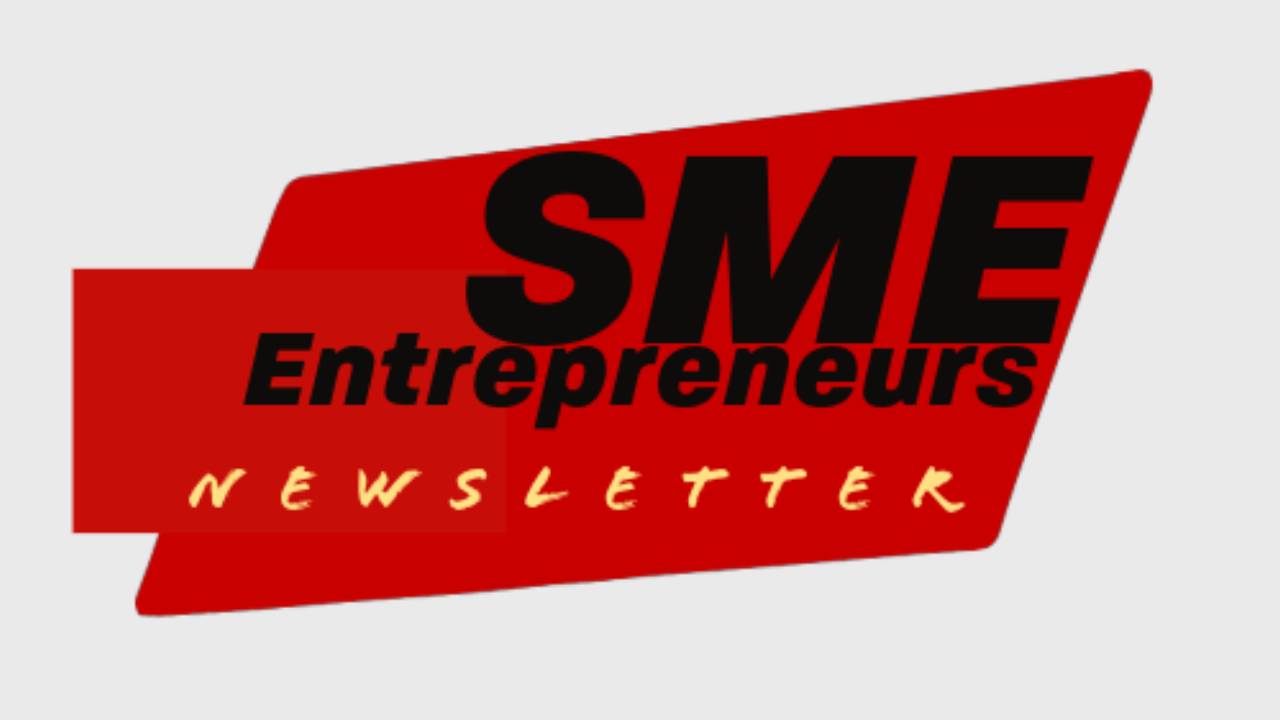Getting Your Branding Right

Key Takeaways
- Strong brands have many advantages
- SME Entrepreneurs now have several avenues to create a recognisable name
- Brands have both a tangible and an intangible side
- Invest in your brand to keep it relevant
SME entrepreneurs face numerous challenges in building a successful enterprise, and one of them stands out from the crowd. An unknown brand is one obstacle to scaling the business. How do you, as an entrepreneur, craft a brand strategy and break out from your marketing Alcatraz?
A strong brand has several benefits. A recognised name can attract higher sales and gross profits, as it typically fetches a higher price. In times of recession or a marketing war, powerful brands hold their own. It is also easier and cheaper to gain new customers—your conversion rates are higher (from prospect to customer). The distribution barrier is lower as wholesalers and retailers know they are dealing with a winner. An unrecognisable brand is hell on earth.
A brand story
I got a big lesson in branding one day on a trade trip to Paramaribo from a four-year-old child. One of my customers stopped off at a café to buy a drink. While there, he introduced me to one of his friends, who was accompanied by his young daughter. He told his friend that I was from Trinidad, and his daughter looked up and asked me an odd question. She asked, "Do you know Chubby?". I looked the child in the eye and was amazed by her affection for the Chubby product. I was expecting a question about some famous people or places back home. So, I paused, and now understanding that her question needed a deeper answer than I thought, I looked at her and replied with a childlike grin, "Yes, I know her."
Why did that child see Chubby not as sugar and water but as a character? We would think that a brand is a name, a symbol, a sign, or a design. Some brands, it seems, are much more. Chubby is a brand that extends beyond its physical elements and possesses an intangible, emotional dimension. From a child's perspective, Chubby is not a soft drink but a person. Chubby is a real living kid for its target market.
What drives the brand-building process? As an SME entrepreneur, how can you incorporate this knowledge into a superior brand strategy and execute it inexpensively and successfully?
Brand elements
You must understand what your brand means from your target's perspective. Take a lesson from the champions of branding—Coke is different from Pepsi, and drinkers know the difference, even though, from an organoleptic perspective (taste and mouthfeel), they are approximately the same. In a blind test, most soda drinkers cannot tell the difference—human taste is not a reliable sense, especially when it comes to cold beverages. Coke is seen as an American icon, while Pepsi symbolises the new generation. Coke forgot about that element when it made a disastrous decision to change the formula in the 1980s.
Your audience demographics and psychographics are your key to effectively appealing to them. Older adults might see Chubby as a drink served at events (the small size makes it economically viable), and kids will see it as a fun drink and a lovable character. Each target, however, must derive value in its respective way. Your value proposition is what you can uniquely offer that your audience sees as better than the competition.
Brand marketing
Your brand must use a name, symbols, words, images, and design to separate it from a crowded marketplace. Red seems to be the colour of choice. In my brand name, I use red, recognising that many of the world's leading brands use it—Coke, KFC, and YouTube. In my brand, Entreprenomics, I added a tagline, "Transforming Entrepreneurs," to indicate that I am in the business of change.
Your brand should build trust and establish the expectation of consistently delivering value. Customers want quality all the time, and a recognised brand means they don't have to engage in an extensive search for it. Your brand is their one-stop shop.
Brands can become stale, so if you have an emerging name, keep it relevant to ensure it remains fresh and current. Notice how Google changes its logo design. Arm & Hammer continues to promote various uses for its baking soda. Start an online community on one of the social media sites and share stories about your brand, highlighting how it improves customers' lives, or ask for testimonials to enhance brand credibility. Coke, Pepsi, and Chubby all face criticism for being unhealthy, and they must ride the wellness wave to remain relevant.
Invest in your brand as if it were your factory or store. Brands need periodic promotions, and you must respond to queries to increase emotional attachment. Sometimes, you can discover new things about your brand. Your marketing ROI (return on investment), while important, is difficult to measure in traditional marketing. However, with digital media, you have more insight into clicks and visits, as well as feedback that can provide valuable insights into marketing productivity. Develop a database from your digital presence and mine it. You can use it to develop an email marketing campaign, an often-overlooked tool that is inexpensive and requires minimal investment.
Protect your brand name, as it is intellectual property that many are watching with envious eyes.
William Shakespeare says, "Who steals my purse steals trash; 'tis something, nothing…But he that filches from me my good name…And makes me poor indeed."
As an entrepreneur, you can be the brand's ambassador. Frequently, stakeholders want to know the story behind the brand. They do not like a faceless brand, as some family firms go so far as to advertise that they are a family business to create an emotional attachment.
Branding is one of the most potent tools entrepreneurs can have to separate their offering from the pack. However, building your brand strategy requires a careful and well-thought-out roadmap to create a standout name. Anonymous is the name that will keep you burning in hell.
_______________________________________
Sajjad Hamid is an Entrepreneurship Educator who supports entrepreneurs in scaling their ventures. In his spare time in Trinidad and Tobago, he attempts to cultivate organic tropical fruits and vegetables, practising sustainable farming in his home garden.
He is the author of Build Your Legacy Business: Solopreneur To Family Business Hero. Sajjad is a Fellow of the Family Firm Institute. You can contact him at [email protected] or visit www.entrepreneurtnt.com for a complimentary mentorship session.



Responses